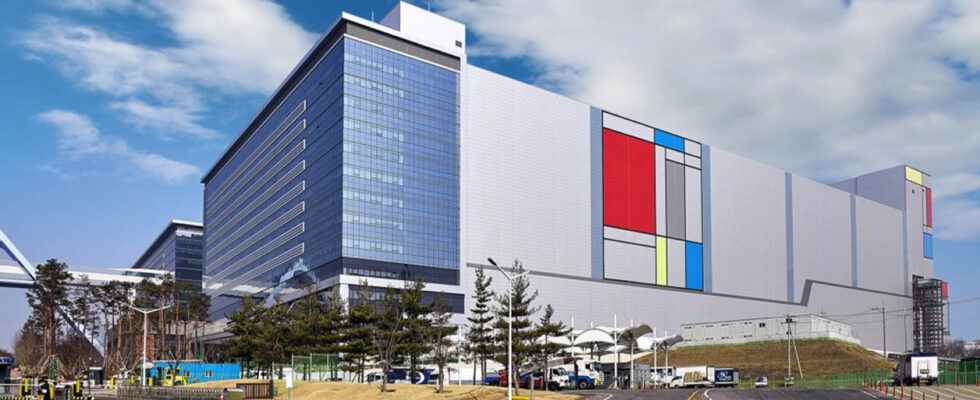Samsung’s semiconductor factories will increase their price by up to 20%, and the price of Samsung chips will not be protected. The Korean giant has already negotiated with the majority of its partners for an increase that would vary between 15% and 20% depending on the process.
Read also: Semiconductor sales break all-time highs (2022)
Quite counter-intuitively, it is not necessarily the most advanced processes that would suffer. According to BloombergThose are the nodes mature, where demand is huge (automotive, etc.), but fixed production capacities, which would see their prices increase the most.
Customers have no choice
Chip designers who need to mass-produce products have two doors to knock on: Samsung and TSMC – Intel’s “IFS” service not yet in mass production.
Which is to say bluntly that Samsung customers have little or no choice. Because TSMC has already raised its prices in 2021 and will continue this momentum next year.
Being at the forefront of etching, TSMC is charging even more than Samsung and chip designers are fighting to gain access to its factories. Samsung customers generally enjoy lower prices and a little less hassle than at TSMC. Assets that attract customers like Nvidia or Qualcomm for example.
Also see video:
Also see video:
Suffice to say that unless there are chips with very high added value or very strategic – we are thinking of future A and M chips in 3 nm from Apple and future GPUs from Intel which will be the first to benefit exclusively from 3 nm from TSMC – current Samsung and TSMC customers will already be fighting to keep their lines. They will eventually be able to play on the promises of long-term contracts to negotiate some (small) discounts.
Read also: Semiconductor Shortage: Intel’s Two Huge Advantages Against Its Competitors (2022)
The question obviously being what the impact will be on the final price we pay for the products. Between component shortages, Chinese lockdowns, exorbitant sea freight rates, semiconductor factories costing tens of billions of dollars per site, etc. the fall in the prices of advanced manufactured products (PCs, televisions, cars, etc.) is not for tomorrow.
